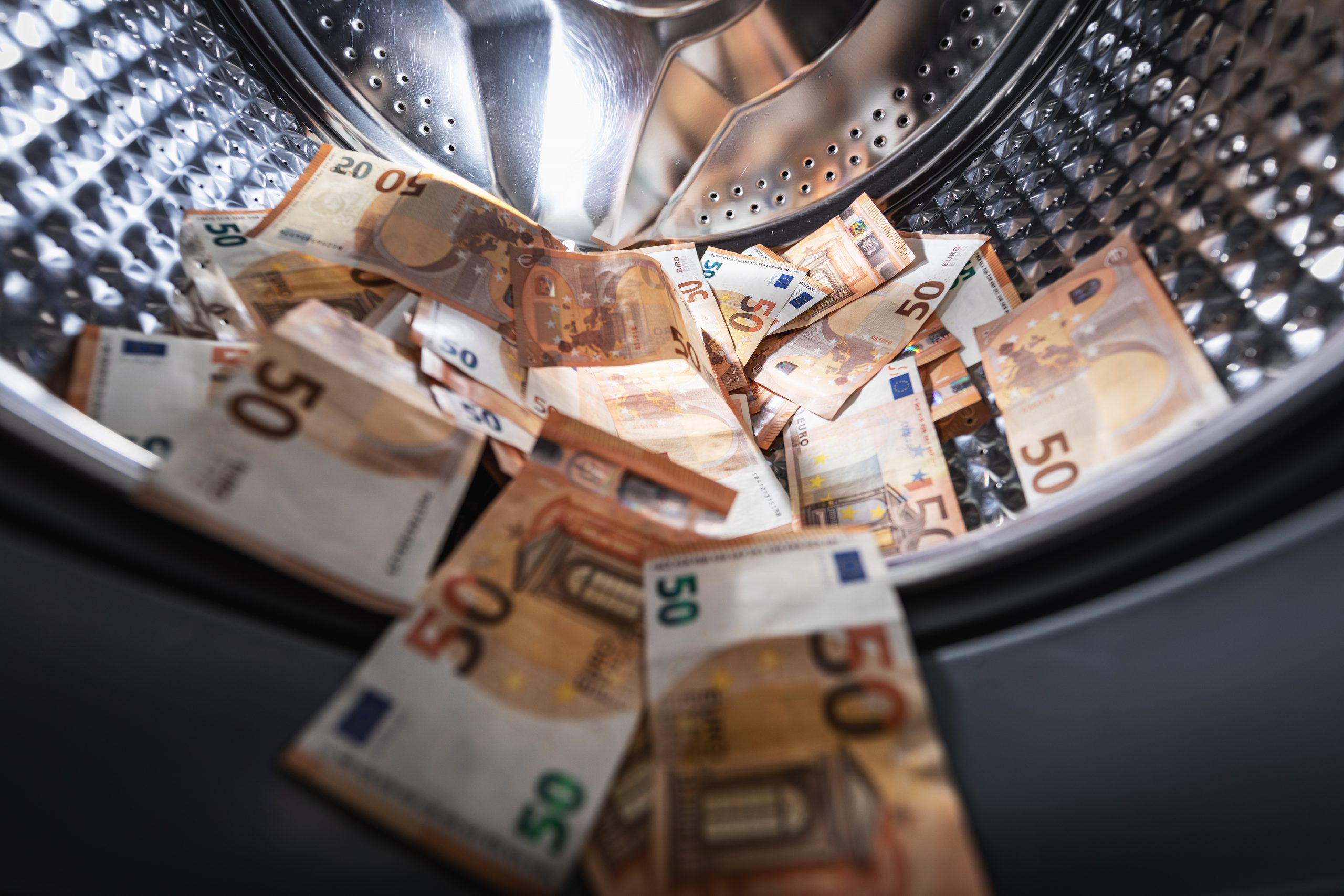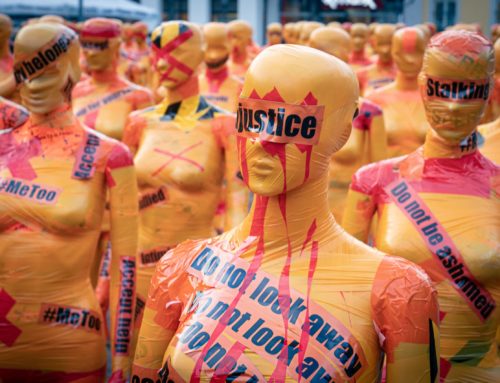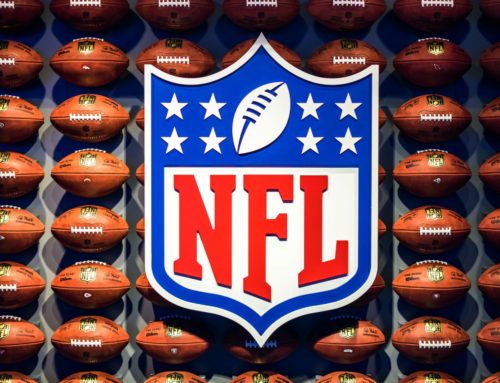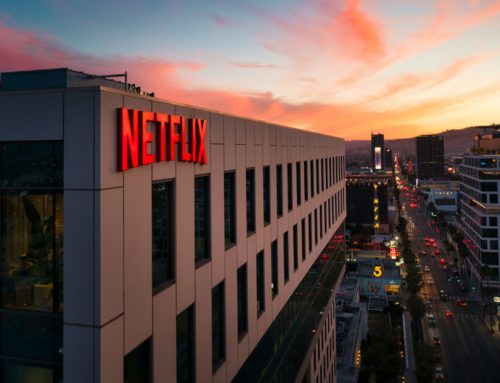The Murky Waters of Money Laundering in Venezuela
With U.S. sanctions on Venezuela and the Latin American country’s declining production of oil, the Venezuelan government has been in desperate need of bringing alternative streams of revenue into the country. According to the Wall Street Journal, the country’s once vast oil reserves are now only producing one tenth of what they produced ten years ago. This desperation has pushed the country towards several avenues of money laundering practices, which are now having ramifications on U.S. businesses and international trade.
With the fall of oil production, President Nicholas Maduro and the Venezulen elite have become more reliant on criminal activities, which includes taking advantage of the Venezuelan money exchange market. This practice consists of exchanging U.S. dollars (USD) for Venezuelan bolivars (VEF) on the black market at a very low exchange rate. They then take these black market bolivars and exchange them on the official exchange market for a much higher dollar value. According to Deutsche Welle, this was possible through Petroleos de Venezuela S.A. (PDVSA), Venezuela’s state-owned oil company, which is one of the few companies that has access to the official exchange market.
Another form by which the Venezuelan government has been able to stay in power and continue making money is through illegal mining along the Colombian-Venezuelan border. The Venezuelan government works in conjunction with Colombian and Venezulean syndicates, some of which have allegedly emerged from the Fuerzas Armadas Revolucionarias de Colombia (FARC) and Ejército de Liberación Nacional (ELN), to illegally mine for gold. The gold mines operate with little regard for workers’ safety or environmental considerations, as reported by the Human Rights Watch.
Money laundering can also be found in falsified infrastructure projects, which is the transfer of state money to fund large scale projects that never come to fruition. This is possible because of the lack of investigative bodies and oversight. In this scheme, government officials enrich themselves by using state money to fund a project that never actually happens and working with government “contractors” who receive the money to then send some back to the government official. In 2007 Venezuela announced an oil refinery in Nicaragua which would cost an estimated 6.6 billion. Thirteen years and millions of dollars later the project is yet to be operational, according to some investigative bodies like IBI Consultants.
With all this illegal money being made, Maduro’s government and his Venezuelan financiers have had to find ways to launder the money internationally. One of his financiers, Colombian businessman Alex Saab, was investigated for money laundering and other crimes and arrested in Cape Verde off the Coast of Africa in June of 2020. He now awaits extradition to the U.S. Alex Saab was instrumental in working alongside Maduro to create Comité Local de Abastecimiento y Producción (CLAP) , a subsidized food distribution program which bought poor quality food items in bulk and sold them at inflated prices to the Venezuelan government. In 2017 Venezuela bought more than 400 thousand tons of food from Mexico through a company set up by Saab. Saab’s company sold the food for 112% higher price than it was sold in Mexico, according to Spanish news outlet La Razon. Investigators have uncovered a network of shell companies in tax havens around the world which Saab used to facilitate corruption in Venezuela. The Center for Strategic and International Studies (CSIC) anticipates that Saab’s arrest is likely to cause cash flow issues for the Maduro regime.
Here in the U.S., the Department of Justice has indicted President Maduro and other involved members, in an effort to put pressure on his regime. U.S. sanctions were put in place by President Donald Trump, restricting trade in Venezuela and the commercialization of Venezuelan gold. Since 2017 about $450 million dollars worth of illicit funds from Venezuela have been seized. Yet, illicit cash finding its way into the U.S. is likely to continue.
The U.S. is ranked 2nd on the financial secrecy index by the Tax Justice Network, benefitting international company owners. A proposed Congressional bill called the Illicit Cash Act, which aims to combat illegal financial activity without burdening legitimate businesses, has yet to pass after being proposed in September of 2019.
However, the Wall Street Journal reports that a recent leak of U.S. Treasury documents last month have stirred renewed federal interest in increasing transparency and strengthening laws against organizations that are involved in moving money internationally. For those conducting business abroad, it’s increasingly important to have a seasoned attorney on their side to navigate these changing regulations.





